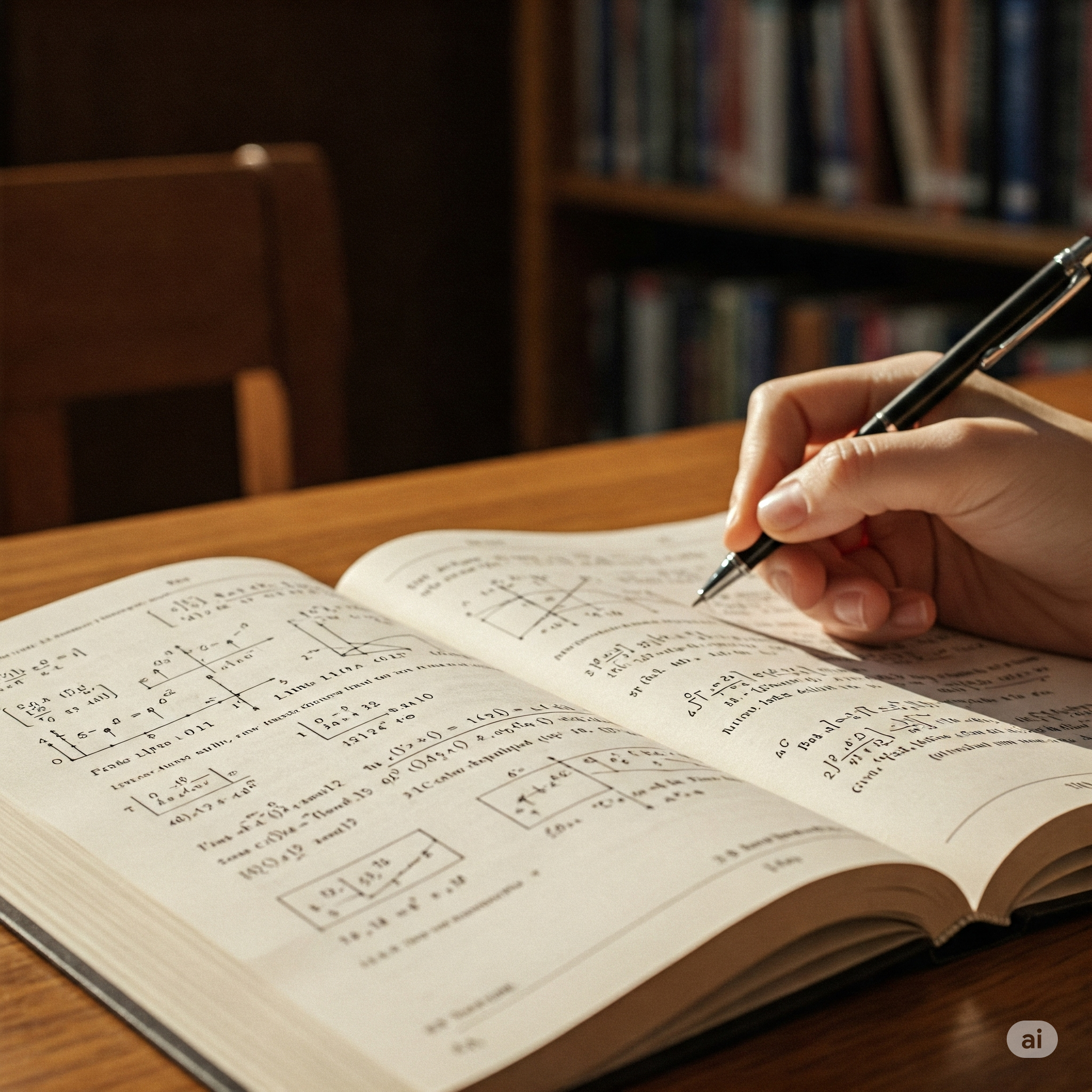
Category: Physics
- Speed up then slow down
- Slow down then speed up
- Maintain constant speed
- Stop instantaneously
- v = u + at
- v = d/t
- F = ma
- Zero
- Downwards and equal to g
- Upwards and equal to g
- Dependent on the initial velocity
- The initial velocity is zero
- The acceleration is zero
- The initial velocity is non-zero
- The acceleration is negative
- Any type of motion
- Only uniform velocity
- Only uniform acceleration
- Non-uniform acceleration
- Uniform velocity
- Non-uniform motion
- Uniform acceleration
- Oscillatory motion
- Straight line inclined to the time axis
- Curved line
- Horizontal straight line
- Vertical line
- 2 seconds
- 4 seconds
- 5 seconds
- 8 seconds
- Time
- Square of time
- Velocity
- Acceleration
- Air resistance is significant
- The net force acting on the object is constant
- The velocity of the object is constant
- The object is at rest
- Acceleration affects only direction.
- Uniform acceleration means velocity changes, and speed is the magnitude of velocity.
- Speed cannot change at a constant rate.
- Uniform acceleration is only for objects at rest.
- Faraday
- Ampere
- Oersted
- Volta
- R is variable
- R is constant
- Circuit is open
- Capacitance increases
- Voltage is changing
- Resistance is low
- Current is steady
- Current is zero
Top Contributors
- 17850 Points
- 24 Points
 7 Points
7 Points

